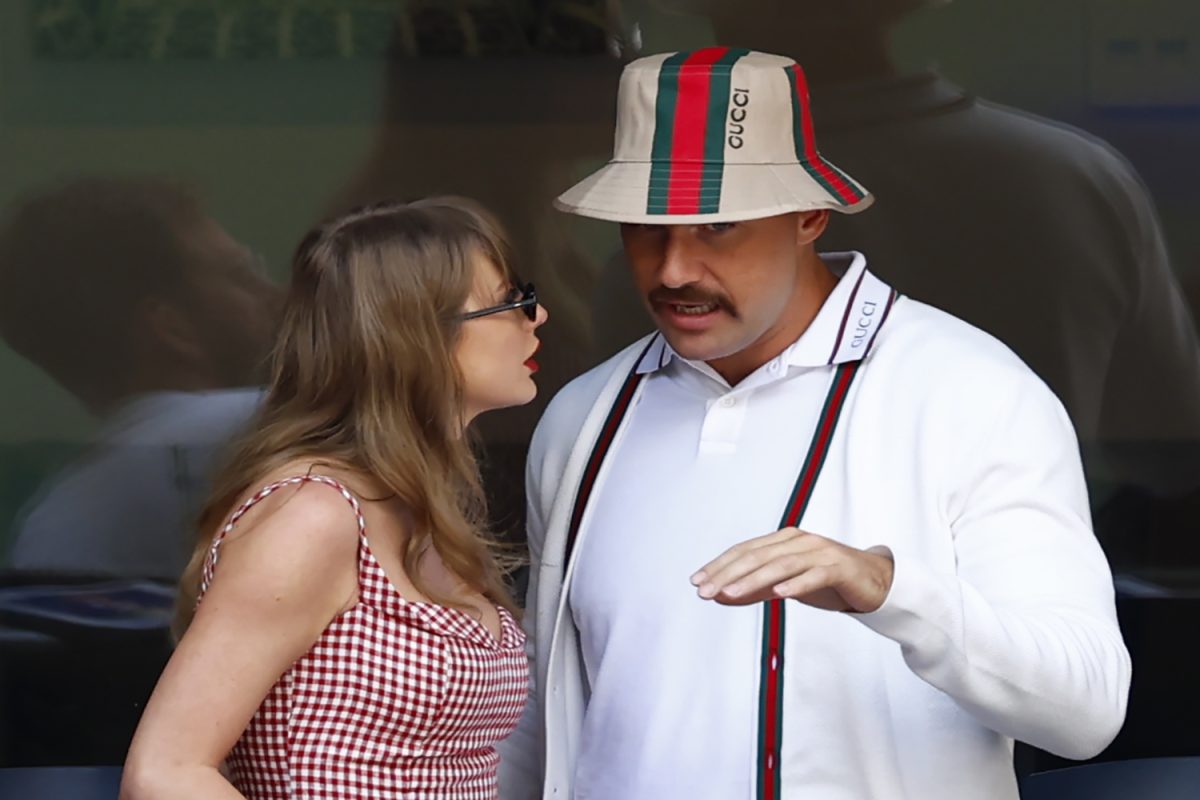We are obsessed with celebrities.
Their lives, gossip, and the parasocial relationships we develop with them have seeped into the very fabric of our culture. It’s hard to scroll through social media without being bombarded by the latest celebrity sightings and missteps. The lives of those we idolize have manifested into countless hours longing for the same fame and fortune.
Initially, this fascination was a form of escapism from the problems of our everyday lives. But the obsession with celebrity culture has mutated into something more profound — and more concerning.
Thanks to platforms like Instagram, TikTok, and X, formerly known as Twitter, celebrities can cultivate what can only be described as cult-like followings. These platforms foster parasocial relationships, or one-sided emotional attachments that create an illusion of intimacy.
Fans believe they know these stars personally, even learning the arbitrary details of their lives, like what they eat for breakfast or the price of their recently purchased home in Beverly Hills.
These attachments lead many to prioritize pop culture more than it deserves.
Take Taylor Swift and Travis Kelce as an example. Fans obsess over every detail of their relationship. A simple romance between two people is now a national event. NFL viewership amongst women increased by nine percent following Swift’s appearances at games. Kelce’s jersey sales soared an astounding 400 percent since rumors of their relationship began.
But why are we so fixated on their love lives?
The simple answer is it’s a distraction. Celebrity gossip is an easy way to avoid facing the grim reality of our own lives. It’s simpler to follow the latest drama than grapple with serious issues.
While we’re busy debating whether Swift and Kelce will marry, important stories slip past unnoticed. Headlines like, “Taylor Swift and Travis Kelce Want to Get Married ‘Sooner Rather Than Later’” or “Harry Styles and Oliva Wilde’s Relationship Timeline, Explained” dominate, while critical political and national news is drowned out by the sea of celebrity gossip.
In many ways, this obsession with celebrities blinds us. Rather than serving as true role models, most stars present a polished, idealized version of themselves. But we’re so caught up in their carefully curated images, we often accept it without question.
Consider Lizzo, once seen as a beacon of body positivity and empowerment. Fans were taken aback when she was sued over allegations of fatphobia and harassment, shattering the persona we allowed her to build.
Kanye West, meanwhile, retains an Instagram following of 20 million, despite his long history of offensive statements and behavior. His comments on race, slavery, and the Holocaust have done little to dent his image. His fans stand by him, making excuses for behavior that would be deemed unacceptable in almost any other context, including his nonconsensual sexualization of famous women and support for an accused rapist.
The same can be said about Swift’s influence. Her fans have elevated her to near god-like status, where she seemingly can do no wrong. This level of idolization has sparked debates in homes across the country, with many questioning whether we’ve gone too far.
Sure, enjoying an artist’s music is harmless, but when fans are personally invested in the singer’s dating life and viciously attack her exes, that’s a problem.
Worse yet, Swift’s environmental impact is often ironed over with defenses regarding her personal safety. She uses 1,800 times the average human’s annual carbon emissions, thanks to private jet flights. Although her celebrity status may necessitate heightened security, eight-minute flights are excessive and hard to justify.
However, it’s not entirely the public’s fault for glamorizing celebrities. From the moment these stars hit the spotlight, we’re fed documentaries, interviews, and well-crafted PR moves designed to make us care about them. It’s easy to get swept up in the spectacle.
But at what cost?
The appeal of celebrities offers an escape but also disconnects us from reality. People proudly label themselves “stans” of these artists, coining Swift a role model or Ye a musical genius. But we must ask ourselves: How much do these celebrities actually care about us?
Our obsession with their lives overshadows issues that deserve our attention. While we dissect the details of celebrity romances and probe through their personal lives, political scandals, environmental crises, and societal problems linger just out of view.
The question isn’t whether we should stop enjoying celebrity culture — it’s whether we can afford to lose sight of what really matters.



